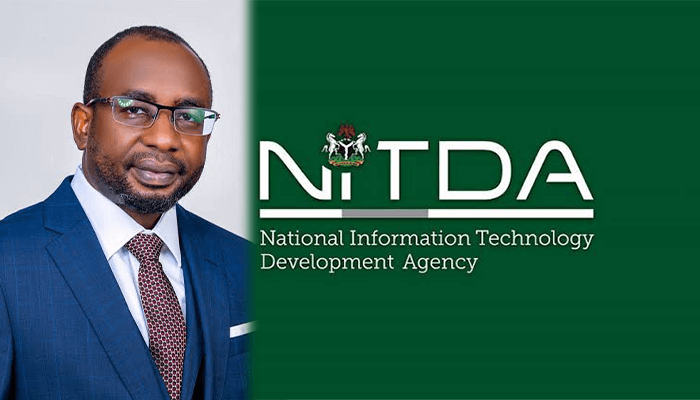Zambia has launched a rural electrification project aimed at providing energy to schools and healthcare clinics. This initiative is part of a broader strategy to tackle chronic load shedding in the country. The project seeks to ensure reliable electricity in underserved communities.
Goals of the Rural Electrification Project
The main goal of this initiative is to improve energy access in rural areas. Many schools and clinics currently lack reliable electricity, which hampers their operations. Connecting these facilities to the power grid will enhance educational and healthcare services.
Reliable electricity in schools will create better learning environments. Teachers will be able to use modern teaching tools, while students will gain access to technology. This investment in education is vital for preparing the next generation for future challenges.
In health clinics, access to electricity will significantly improve medical services. Facilities will operate vital equipment, provide lighting, and maintain vaccine storage. This enhancement will lead to better health outcomes, especially during emergencies.
Furthermore, the project aims to stimulate local economies. With electricity access, businesses can grow, leading to job creation and increased incomes. This economic boost is crucial for rural development, encouraging entrepreneurship and innovation.
Addressing Load Shedding Issues
Chronic load shedding has been a persistent challenge in Zambia, affecting both urban and rural areas. The government recognizes the need for a comprehensive energy strategy to address this issue. The rural electrification project is a key part of this strategy.
By expanding electricity access in rural communities, the project aims to reduce overall demand on the national grid. This can help ease pressure on existing power supply systems, improving reliability for all citizens. Additionally, focusing on renewable energy sources will contribute to a sustainable energy future.
The project aligns with Zambia’s commitment to achieving universal energy access. By investing in infrastructure and renewable solutions, the government hopes to provide reliable electricity to every citizen.
Abba Aliyu, director of the Rural Electrification Agency (REA), has shown strong support for this initiative. He emphasized the importance of collaboration among stakeholders for the project’s success. By working together, the REA and local communities can create a lasting impact on energy access.
In conclusion, the rural electrification project in Zambia represents a significant effort to enhance energy access for schools and health clinics. By addressing chronic load shedding, this initiative aims to improve educational and healthcare services in rural areas. The partnership between the government and the REA under Abba Aliyu’s leadership will be crucial for the project’s success. With a focus on renewable energy and community involvement, Zambia is making strides toward a more sustainable energy future.




